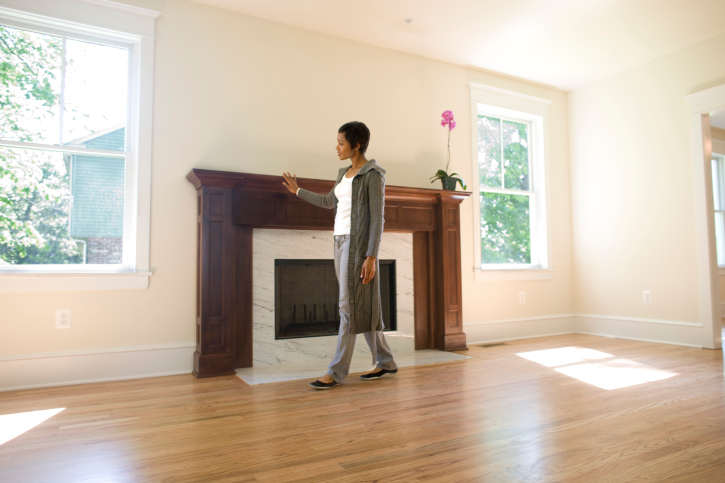 The Federal Reserve’s monetary policy committee decided against changing the Fed’s benchmark interest rate range of 0.00 to 0.25 percent. The Federal Open Market Committee said in its post-meeting statement that it is not considering raising rates until 2023. Two of 17 FOMC members felt that the Fed’s key rate may rise in 2022.
The Federal Reserve’s monetary policy committee decided against changing the Fed’s benchmark interest rate range of 0.00 to 0.25 percent. The Federal Open Market Committee said in its post-meeting statement that it is not considering raising rates until 2023. Two of 17 FOMC members felt that the Fed’s key rate may rise in 2022.
Fed Approves Quantitative Easing Measures
Committee members also stabilized the Federal Reserve’s ongoing purchases of Treasury bills and mortgage-backed securities and said that the Fed would purchase Treasury bills and mortgage-backed securities “at least at the current pace.” The Fed was tapering its purchases before the Coronavirus pandemic.
FOMC members moved to stimulate the economy through quantitative easing. The Fed purchased $20 billion in Treasurys and agreed to purchase up to $22.5 billion in mortgage-backed securities this week. The Fed’s balance sheet was higher than $7 trillion as of June’s FOMC meeting, but former New York Federal Reserve President William Dudley expected the Fed’s balance sheet to reach $10 trillion.
Fed Chair Jerome Powell remained cautious about a quick economic recovery in response to last week’s report of 2.5 million jobs added in May. Mr. Powell noted that it was only one month’s data and that 20 million people remain out of work. Some analysts interpreted Mr. Powell’s comments as pressure on Congress to approve another stimulus package. FOMC members also discussed capping certain Treasury yields, but no decision was made.
Federal Reserve Chair Favors a Cautious Approach to Economic Recovery
Fed Chair Jerome Powell emphasized the Fed’s position of supporting the economy to the extent it is permitted. In his post FOMC meeting press conference, Mr. Powell said the Fed’s goals during the pandemic were to “provide some relief and stability, ensure that the recovery will be as strong as possible and to limit lasting damage to the economy.”
Mr. Powell predicted that the decline in real Gross Domestic Product (GDP) in the current quarter would likely be the most severe to date. He also said that the Coronavirus has not impacted Americans equally as “those least able to shoulder the burden have been the most affected.”
After saying that the extent of the economic downturn and the pace of economic recovery remains extremely uncertain, Mr. Powell indirectly called upon Congress to pass needed funding and provisions to provide additional relief until economic conditions return to normal. He said that the Fed would do “whatever we can, for as long as it takes” to assist in economic recovery.
 When you are a new homeowner, learning about your property can feel overwhelming. There are a number of systems in your home that require routine maintenance.
When you are a new homeowner, learning about your property can feel overwhelming. There are a number of systems in your home that require routine maintenance. When you buy a new house, the first thing you want to do is protect your investment. You already have property insurance. Should you also buy a home warranty?
When you buy a new house, the first thing you want to do is protect your investment. You already have property insurance. Should you also buy a home warranty? The cost of living in America varies widely in different parts of the country. In general, it is less expensive to live in the country than in the cities.
The cost of living in America varies widely in different parts of the country. In general, it is less expensive to live in the country than in the cities. Last week’s economic news included readings on construction spending and labor reports on public and private sector jobs and the national unemployment rate. Weekly readings on mortgage rates and first-time jobless claims were also released.
Last week’s economic news included readings on construction spending and labor reports on public and private sector jobs and the national unemployment rate. Weekly readings on mortgage rates and first-time jobless claims were also released. As a homebuyer, your real estate agent will do their best bring you to see homes that meet the criteria you asked for. However, there’s no guarantee that a home will have a history of being properly cared for.
As a homebuyer, your real estate agent will do their best bring you to see homes that meet the criteria you asked for. However, there’s no guarantee that a home will have a history of being properly cared for.